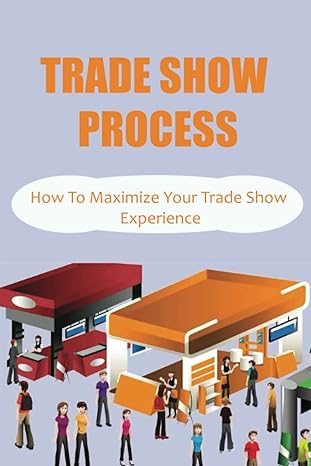Question
If the cost of debt increases, what happens to the intrinsic value of a firm? (assume nothing else changes) A. The intrinsic value increases B.
-
If the cost of debt increases, what happens to the intrinsic value of a firm? (assume nothing else changes)
A. The intrinsic value increases
B. The intrinsic value stays the same
C. The intrinsic value decreases
D. There is no way to know.
-
Suppose that Walmart issued callable bonds last year at a coupon rate of 1%. Which of the following is true if the Federal Reserve decides to raise interest rates this year?
A. Walmart is likely to call their bonds as they can re-issue new bonds at a higher rate.
B. Even if Walmart wishes to call their bonds they cannot do so since the bonds have been issued for at least a year.
C. Walmart is likely to call their bonds as they can re-issue new bonds at a lower rate.
D. Walmart is NOT likely to call their bonds as they would have to re-issue new bonds at a higher rate.
-
Which of the following is true about callable bonds?
A. A discount bond has a coupon rate that is less than the market rate so discount bonds are likely to be called.
B. A discount bond has a coupon rate that is greater than the market rate so discount bonds are likely to be called.
C. A premium bond has a coupon rate that is less than the market rate so premium bonds are likely to be called.
D. A premium bond has a coupon rate that is greater than the market rate so premium bonds are likely to be called.
-
Why do we say that investing in a bond has inflation risk?
A. If there is a high level of inflation bond coupon rates decrease.
B. With high inflation rates, the amount of interest earned might not even offset the impact of inflation on your purchasing power.
C. If the bond is for a long period the yield may be greater than the rate of inflation making the investment worth more at maturity than when acquired.
D. Bonds do not have inflation risk.
Step by Step Solution
There are 3 Steps involved in it
Step: 1

Get Instant Access to Expert-Tailored Solutions
See step-by-step solutions with expert insights and AI powered tools for academic success
Step: 2

Step: 3

Ace Your Homework with AI
Get the answers you need in no time with our AI-driven, step-by-step assistance
Get Started


